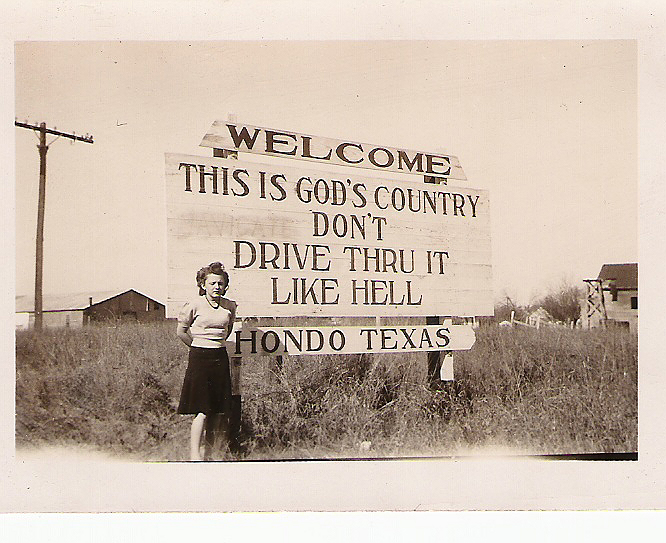In Tucker v. Texas, 326 U.S. 517 (1946), the Supreme Court ruled that a town manager could not prohibit door-to-door canvassing in a town owned by the national government. The case was decided on the same day that the Court handed down its ruling in Marsh v. Alabama, in which it invalidated the conviction of an individual who had distributed literature on a public sidewalk in a “company town.”
Texas town manager asked Jehovah’s Witness to leave town for soliciting
The Texas penal code contained a provision that made it an offense for any “peddler or hawker of goods or merchandise” to refuse to leave the premises after being asked to do so by the owner or possessor. The town manager of the Hondo Navigation Village—a town in Medina County owned by the United States and rented to individuals engaged in defense activities—had asked a Jehovah’s Witness minister canvassing door-to-door to leave the municipality. The minister refused to do so, denying that he was a “peddler” and citing constitutional protections of press and religion. His conviction by the justice court of Medina County was upheld by the Medina County Court. The Supreme Court reversed the lower court rulings.
Court said town could not prohibit door-to-door canvassing
Writing for the Court, Justice Hugo L. Black noted the status of the town, observing that “the only difference between this case and Marsh v. Alabama is that here instead of a private corporation, the Federal Government owns and operates the village.” He observed that Congress had not adopted legislation and the housing authority regulations did not contain language indicating any desire to restrict First Amendment freedoms in the village.
Justice Felix Frankfurter authored a brief concurring opinion focusing on congressional intent. Chief Justice Harlan Fiske Stone and Justices Stanley Reed and Harold Burton dissented, arguing that the town had not been intended for general public use. They cited the dissent in Marsh in making their case. Justice Robert H. Jackson did not participate in the decision.
John Vile is a professor of political science and dean of the Honors College at Middle Tennessee State University. He is co-editor of the Encyclopedia of the First Amendment. This article was originally published in 2009.

